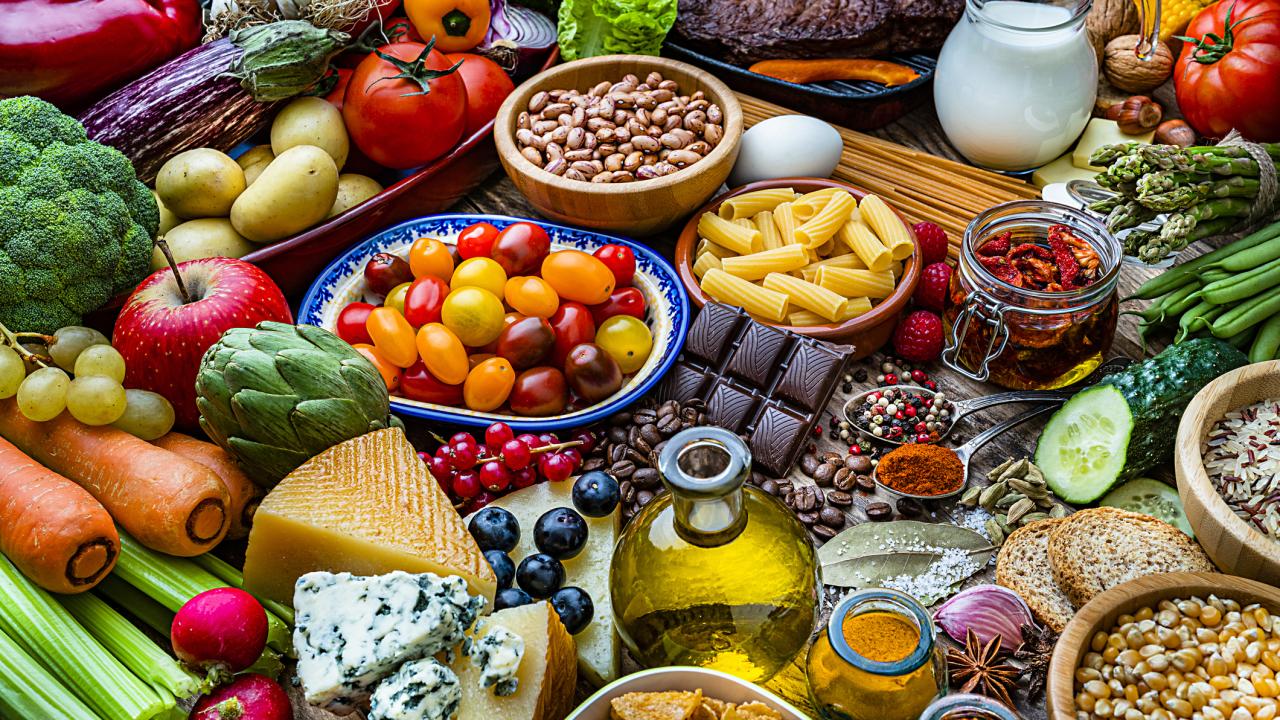Before college, I knew very little about nutrition and its significance. Over time, I came to see nutrition as the foundation of health, more than just what we eat but a powerful factor influencing our well-being and the prevention of long-term disease. Food is deeply connected to holistic health, which is something I am passionate about. I decided to pursue the Nutrition Science major because it offers the opportunity to understand how nutrition impacts life in a variety of ways.
Why Nutrition Science Matters
Nutrition is fundamental to human health, it supports well-being across the lifespan and plays a key role in preventing disease. Nutritional sciences stands at the forefront of public health, both locally and globally. This is an exciting and pivotal time to engage in the nutrition science community.
Nutrition is more than just diet, it’s also about equity, access, and improving health outcomes for all communities.
Many issues disproportionately impact certain communities, underscoring the need for targeted approaches. Some of those issues include health inequities, food insecurity, global malnutrition, and poor dietary patterns, along with nutrition-related illnesses like obesity, cancer, cardiovascular disease, and neurodegenerative disorders, remain critical public health concerns.
It has long been a dream to return to my hometown in the Central Valley and dedicate my career to serving its community. Many residents there face health disparities and limited access to healthcare resources, which motivates me to make a meaningful difference.
About the Nutrition Science Major at UC Davis
If you’re interested in the biology, chemistry, and the research side of nutrition, or even if you’re considering medical school, Nutrition Science provides a strong scientific foundation with multiple career options. At UC Davis, there are two specialized Nutrition Science tracks. I chose the Nutrition in Public Health track because of its emphasis on community-level health and its unique perspective.
Both tracks require coursework in biology, chemistry, and calculus. Nutritional Biology includes physics, while Public Health may require economics. This rigorous background prepares students for graduate study and professional programs.
Nutrition Science specialized tracks:
- Nutritional Biology: Focuses on biochemistry, genetics, physiology, immunology, and microbiology. Ideal if you plan to go into research, medicine, or laboratory science.
- Nutrition in Public Health: Emphasizes social and health-related sciences, preparing you for roles in community health, nutrition policy, and global health initiatives.
A degree in nutrition science is a great foundation for any future in healthcare. It is my goal to become a provider who practices holistic care — integrating nutrition into treatment and empowering patients to take charge of their health through informed lifestyle choices.

Courses That Made an Impact
Thus far, I have loved much of my coursework but one class that stands out as my favorite: NUT 113, Principles of Epidemiology in Nutrition, with Dr. Christine Stewart. Dr. Stewart’s class covers foundational concepts like study design, disease risk, and inference. One of the most meaningful aspects of this course discusses how these methods are applied to real-world epidemics in various communities around the world.
Dr. Stewart incorporated historical case-studies, such as the 1911 Typhoid Fever outbreak, more famously known as, “Typhoid Mary’s Peach Ice Cream”. This example created a clear connection for me between epidemiology to public health practice.
Another of my favorite classes that I thoroughly enjoyed was NUT 111B, Recommendations & Standards for Human Nutrition, with Dr. Lauren Au. Dr. Au’s course explores how modern dietary guidelines are developed, including the Recommended Dietary Allowances (RDAs), Dietary Reference Intakes (DRIs), and food labels. We examined sources for essential vitamins and minerals and the scientific methods used to establish nutrient requirements. After this class, I felt I had a solid understanding of how these guidelines are applied in real-world contexts to shape and update public health policies for diverse populations.
Hands-On Experience and Research
Beyond coursework, Nutrition Science Majors have the chance to gain hands-on experience through internships and research assistant positions. These opportunities allow students to apply what they’ve learned in real-world settings, build valuable skills, and develop professional connections that can open doors for your future career.
As an undergraduate, I conducted research under the guidance of Dr. Andrew Hall, focusing on how phytates affect zinc absorption. Our project involved designing study diets representative of college students, using the UC Davis Dining Commons as a reference point. We then analyzed whether students were meeting their zinc requirements while accounting for the inhibitory effects of phytates on zinc absorption.
In addition to research, I am gaining valuable experience through my involvement with the Bayanihan Student-Run Clinic. There I help provide medical care for Filipino immigrants and underserved populations in the greater Sacramento area. This role is teaching me how to assist with clinical services and deliver culturally sensitive care, all while gaining valuable shadowing experience. Being part of this clinic is deepening my commitment to reducing health disparities and pursuing a career in the medical field.
Graduate Options and Career Pathways
Many nutrition science majors that are interested in research and global health, pursue the specialized graduate opportunities offered by UC Davis which include the Graduate Group in Nutritional Biology and the Designated Emphasis in International & Community Nutrition.
Regardless of what track or future career goals, majoring in Nutrition Science equips students with specialized knowledge while fostering the analytical and critical thinking skills needed to navigate an ever-changing world.
Career Pathways for Nutrition Science Majors
- Clinical and Health Professions: Medicine, physician assistant, nursing, pharmacy, dentistry.
- Public Health and Community Wellness: Roles in health education, wellness programs, and outreach.
- Research and Academia: Laboratory research, academic teaching, scientific writing.
- Industry and Corporate Opportunities: Biotechnology, pharmaceuticals, food production, and nutrition product development.
- Government and Nonprofit Roles: Work in policy-making, nutrition advocacy, and community programs.
Media Resources
Claire Nelson is a fourth year Nutrition Science major. Following the completion of her bachelor’s degree in Nutrition Science (Public Health track), she hopes to apply to a Masters Program in Nursing with the goal of pursuing a career as a Nurse Practitioner.
